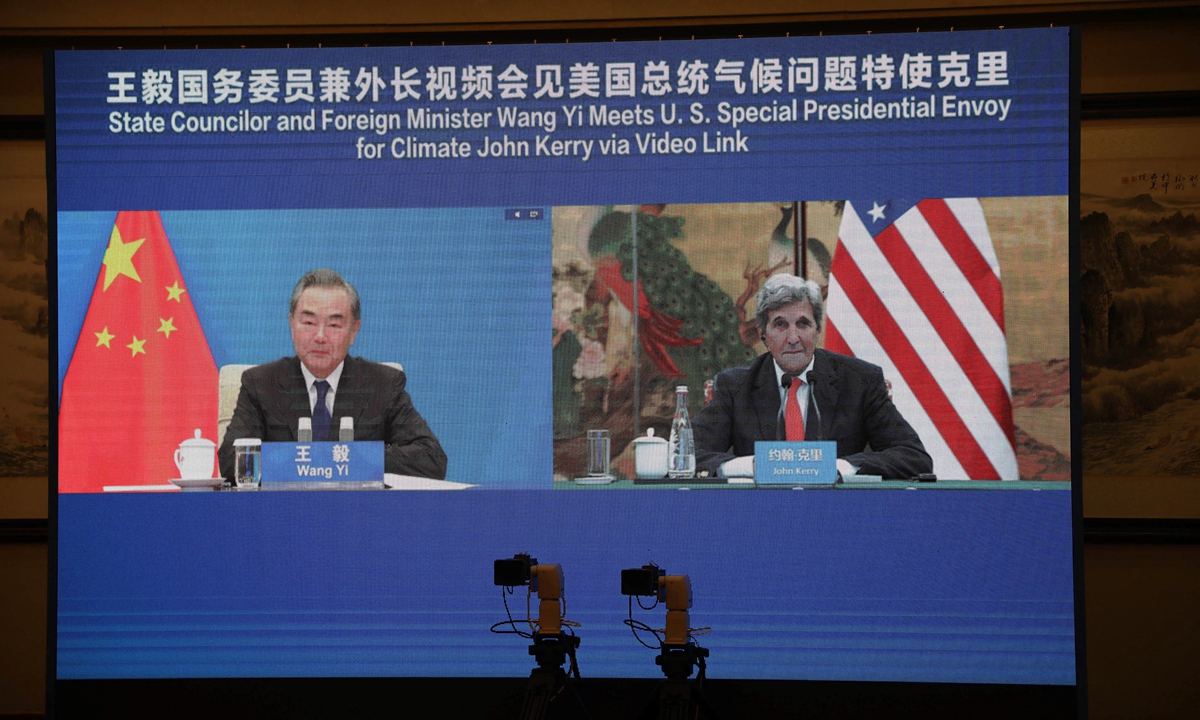THE FBM KLCI closed above 1,600 points this week for the first time in five months since March 23, 2021.
It has been six consecutive days that our index continued to scale impressively. The index was single-handedly lifted due to the foreign funds flowing back into Bursa Malaysia with limited support by local institutions and retail investors, who have been net sellers.
Interestingly, this coincided with the resolution of the political impasse in our country with the eventual appointment of Datuk Seri Ismail Sabri as the new Prime Minister, the third in three years.
As of end-July 2021, foreign participation in terms of market capitalisation in our local equity market was at a record low of 20.2%.
After 25 months of a consecutive selloff by foreign funds of Malaysian equities, is this the inflection point that stock market investors have been fervently looking forward to?
There are many layers of questions to this overarching theme, but in my view, the most important would be the need to understand what investors want.
Investors ultimately want returns. So if they were to invest in our local stock market, they hope to be able to get the returns, as otherwise, they might as well invest elsewhere.
Malaysia’s weightage on global indexes has shrunk since its peak pre-1997/98 Asian Financial Crisis.
A simple gauge would be the MSCI Emerging Markets Index, where the FBM KLCI’s weightage has been declining from 19.94% in 1994 to 1.36% as at Aug 30, 2021 as shown in the pie chart (see chart).

This simply means how insignificant the Malaysian stock market has become in the eyes of global investors.
There is also a direct correlation to the performance of the companies in our local index.
Could it be that our listed companies are either undervalued or underperforming to regional peers, especially in the context of emerging markets?
There is no absolute answer to this as it is at times, a chicken-and-egg issue. Which one actually comes first?
Without foreign fund flows, the valuation of listed companies will remain low, as the market participants would be limited, resulting in a constrained money supply in the local bourse.
Conversely, it is true as well. Why should foreign funds invest in our local stock market and listed companies if the valuation versus their growth trajectory or earnings is not in tandem?
A good example would be Singapore. The Singapore Exchange (SGX) for the past 10 years has suffered a wave of delistings.
In 2010, there were 783 listed companies on the SGX. As at end-2020, there were only 715 listed companies remaining.
The peak of the Straits Times Index (STI) was 3,575 points and it has been on a downtrend ever since. Due to the country’s Covid-19 resilience, the STI started picking up ahead of regional peers towards the end of 2020 and reached 3,087 points as of Wednesday.
The predicament that Singapore went through is rather perplexing as any investor who has scoured the SGX would realise the companies are mostly undervalued not only in terms of valuation but also yields.
If we were to compare Singapore’s listed companies today, they are still undervalued comparatively to our local companies.
The blue-chip tech, banking and utilities companies in terms of valuation are on average more attractive than those listed on Bursa.
In the midst of this earnings season, looking at the reports, apart from the commodities sector, blue chips and select consumer/FMCG companies which were exemplary, others showed improvement but it is still far from recovery.
On face value, many did well if we take into consideration that the same quarter last year was the worst quarter for most companies as they had felt the full impact of MCO 1.0.

Bigger pull: The bull and bear fronting the Bursa Malaysia building. The local bourse needs more companies which can command a dominating position in the global market.
Whether our local stock market can remain competitive and capture the interest of foreign funds rely on many factors, among which are:
> the ease of entry and exit (access),
> low barriers of entry (cost),
> economic growth prospects (potential),
> political stability (certainty),
> unique value proposition (world-class companies only available in Malaysia), and
> favourable tax regimes (policies).
With all these factors in play and every market in the world vying for the same pool of funds, there must be a unique proposition for our local stock market.
Of course, the vibrancy of the local stock market would also require emphasis placed on local retail investors apart from our local institutions (mostly the sovereign, pension and government linked funds) which act as the anchor.
Only with that, Malaysia can break away from the usual stigma of “small population, limited growth trajectory”.
A good place to start would be the reform on market policies to be more investor-friendly.
However, the game changer would be favourable policies which can nurture, support and grow industries or SMEs such that they would be able to become world-class companies someday yet continue to list on Bursa.
The United States and Hong Kong markets are able to attract global investors’ interest primarily due to the unique companies which are listed on their bourse such as Amazon, Netflix, Tencent, JD.com, Google among many others.
Our own stock market need such companies to attract foreign funds and sustain their interest.
Bursa does have some good names which are not readily available elsewhere in the world such as those in the technology semiconductor space, glove sector, palm oil sector and plastics packaging sector.
We need more companies that either command dominating position in the global market share within their sector or trailblazers that move the country towards the preferred sectors.
This would be more sustainable to ensure foreign funds investing in our markets is not solely because our listed companies are undervalued but rather for the companies’ unique position itself.
In my humble view, a two pronged approach of encouraging good companies and getting them to list locally can address this predicament.
As an example, the precursor would be favourable policies accorded to foreign direct investment entities should also be given to local home-grown companies which meets the criteria, be it tax incentives or cheap land and so on.
Once the companies grows to a healthy size, to encourage them to list on Bursa, lower listing fees, ease of listing requirements or tax breaks for cornerstone investors or funds investing in home-grown companies listing on Bursa would go a long way.
That way, investors around the world who want a piece of these companies would have little alternative but to invest in our local stock market.
The fund flow conundrum of our local stock market will then eventually see some light at the end of the tunnel.

Ng Zhu Hann
Hann, is the author of Once Upon A Time In Bursa. He is a lawyer & former Chief Strategist of a Fortune 500 Corporation.
Related News
Related posts:


















